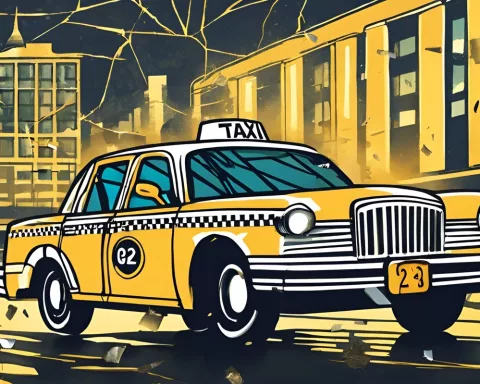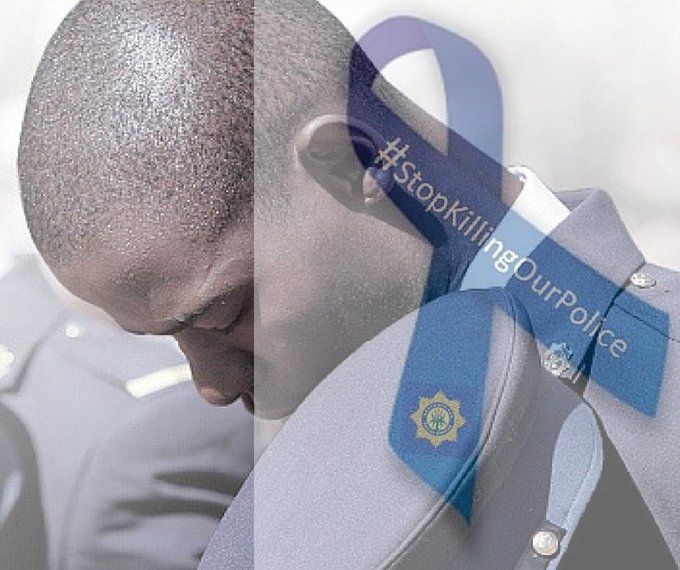The South African National Taxi Council (Santaco) urges peaceful negotiations among all parties involved in the taxi industry and condemns any acts of public violence. This stance comes amidst a tense environment and debates over the release of impounded vehicles.
Santaco’s Response to Public Violence
Santaco dissociates itself from perpetrators of public violence and calls for measures to address the concerns that fuel unrest. The association identifies opportunistic criminals and frustrated individuals as some of the factions that exploit the situation. By doing so, Santaco aims to clear the taxi industry’s name from blame.
Santaco’s Appreciation for Calls for Impounded Vehicle Release
Santaco appreciates Sindisiwe Chikunga, the national minister of transport, who called for the immediate release of all illegally impounded vehicles. The association recognizes the involvement of national ministers and encourages all parties, including Alderman JP Smith and the City of Cape Town, to return to the negotiating table.
Santaco’s Call to Report Incidents of Violence
Santaco urges its members to report any incidents of violence, disruption of public transport services, unlawful blockades, and destruction of property. The association also calls for a peaceful stay-away and adherence to the rule of law.
The City of Cape Town’s Clarification on Impounded Vehicle Releases
The City of Cape Town clarifies that all taxi impoundments within the Cape Town metro area are carried out for offences under the National Land Transport Act (NLTA), not under the City’s by-laws. The City maintains its commitment to upholding the rule of law and ensuring commuter safety. All public vehicles, including taxis, will be dealt with under the provisions of the NLTA.
The City of Cape Town’s Stance on Negotiations and Violence
The City of Cape Town emphasizes that it will not tolerate violence as a negotiating tactic. The Traffic By-Law has been amended to extend impoundments to private vehicles for serious offences. However, all public vehicles, including taxis, will be dealt with under the provisions of the NLTA. The City calls on Santaco to return to the negotiation table peacefully.
Santaco’s call for negotiations and the City of Cape Town’s commitment to upholding national laws highlight the importance of open dialogue and cooperation in resolving challenges in the taxi industry. By fostering an environment of understanding and respect, all parties can work together to find long-lasting solutions. This ensures safety and stability for commuters and the taxi industry.












